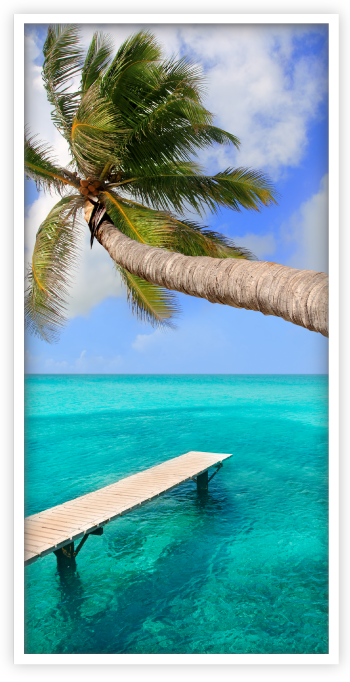In recent decades, various scientists conducted research to the effects created by natural daylight and nature to humans. It has been shown that a lack of daylight can have major consequences on the biorhythm of people and can even lead to winter depression, or a milder form thereof, the “winter blues”.
On the other hand, sufficient daylight combined with a view on nature create a healing environment for humans. Here are a few quotations from renowned researchers.

Scientific research
- Elizabeth Donoff, Editor at Architectural Lighting magazine:
“Only in the past 10 years have modern science and medicine started to recognize light’s critical impact on human biology in myriad health-related issues now indicative of our 24-hour culture.”
- Ivy Cheung, a doctoral candidate in the Interdepartmental Neuroscience program at Northwestern University in Chicago:
“A new study demonstrates a strong relationship between workplace daylight exposure and office workers’ sleep, activity and quality of life.” Read more…
- Phyllis Zee, M.D., a Northwestern Medicine neurologist and sleep specialist.
Virginia T. Boshes Professor of Neurology at Northwestern University Feinberg School of Medicine and director of the Sleep Disorders Center at Northwestern Memorial Hospital.
“Office workers with more natural light exposure at the office had longer sleep duration, better sleep quality, more physical activity and better quality of life compared to office workers with less light exposure in the workplace, a study shows.”
Read more…
- Mohamed Boubekri, Professor of architecture at the University of Illinois at Urbana-Champaign, USA Book: Daylighting, Architecture and Health
“The book gathers and reviews all the latest and pertinent medical and architectural research related to natural light, or lack thereof, and its effect on people.”
Read more…
- Agnes E. van den Berg, Ph.D. Wageningen University and Research Center, Wageningen, The Netherlands
Book: Health Impacts of Healing Environments
“Nature and ‘natural elements’, such as daylight, fresh air, and quiet, have traditionally played an important role in the design of healing environments. The use of nature in healthcare settings can be traced as far back as the Asclepieia of ancient Greece. More recently, long-standing notions of the healing powers of nature have received support from rigorous scientific research.”
Read more…
If you contact us, we can send you a comprehensive overview of scientific studies regarding the effects of daylight and nature.

